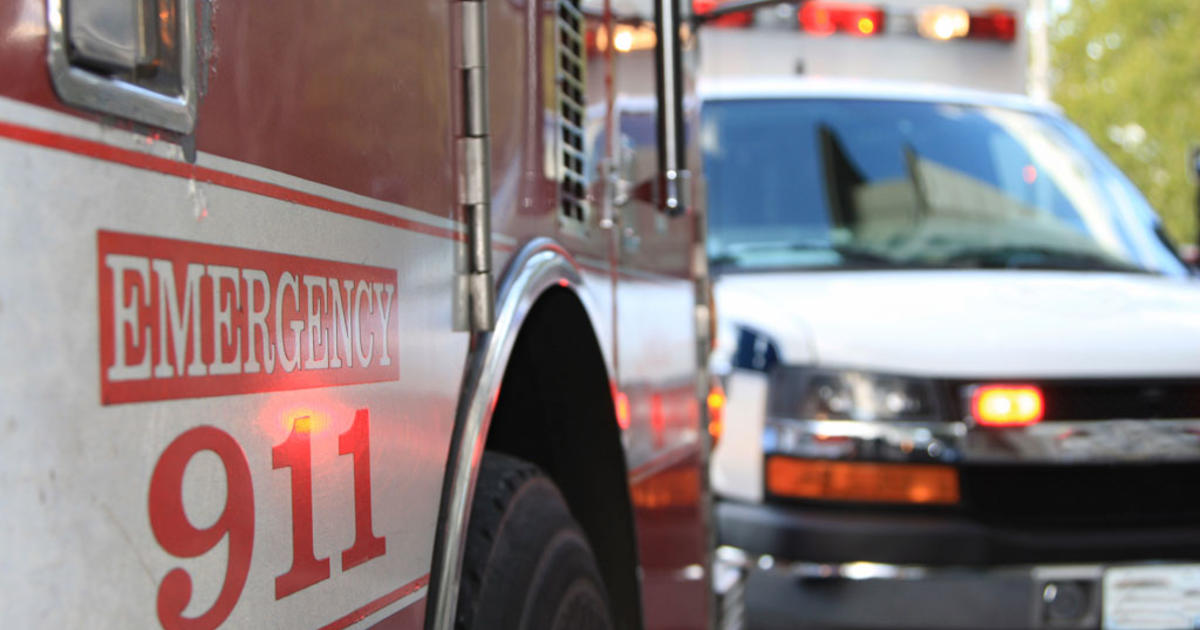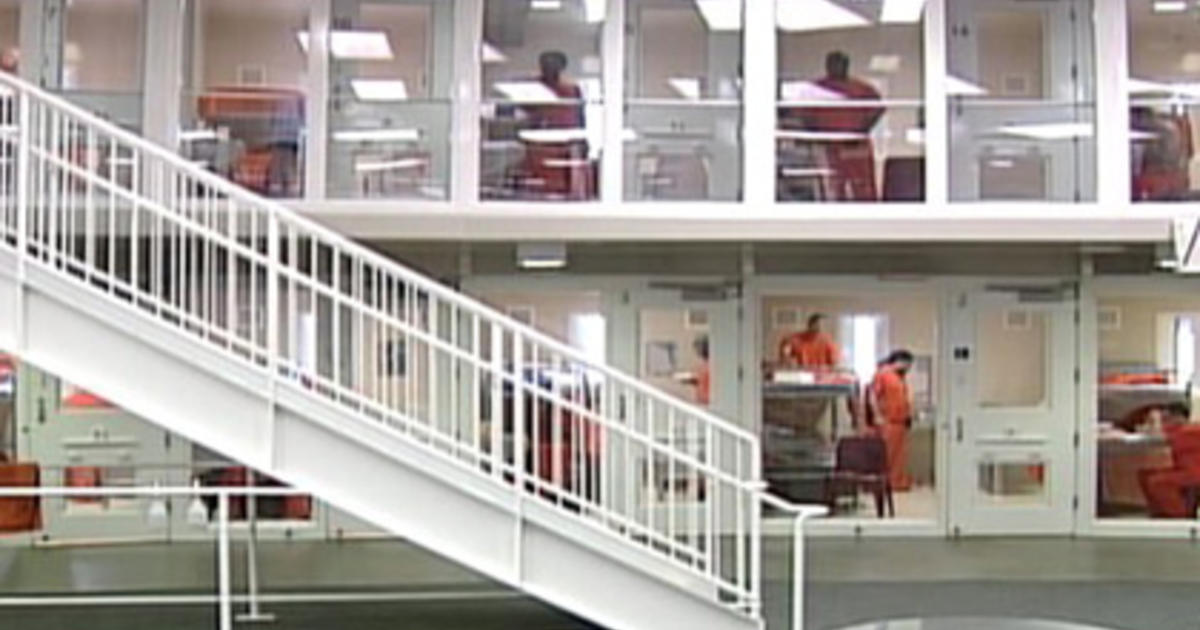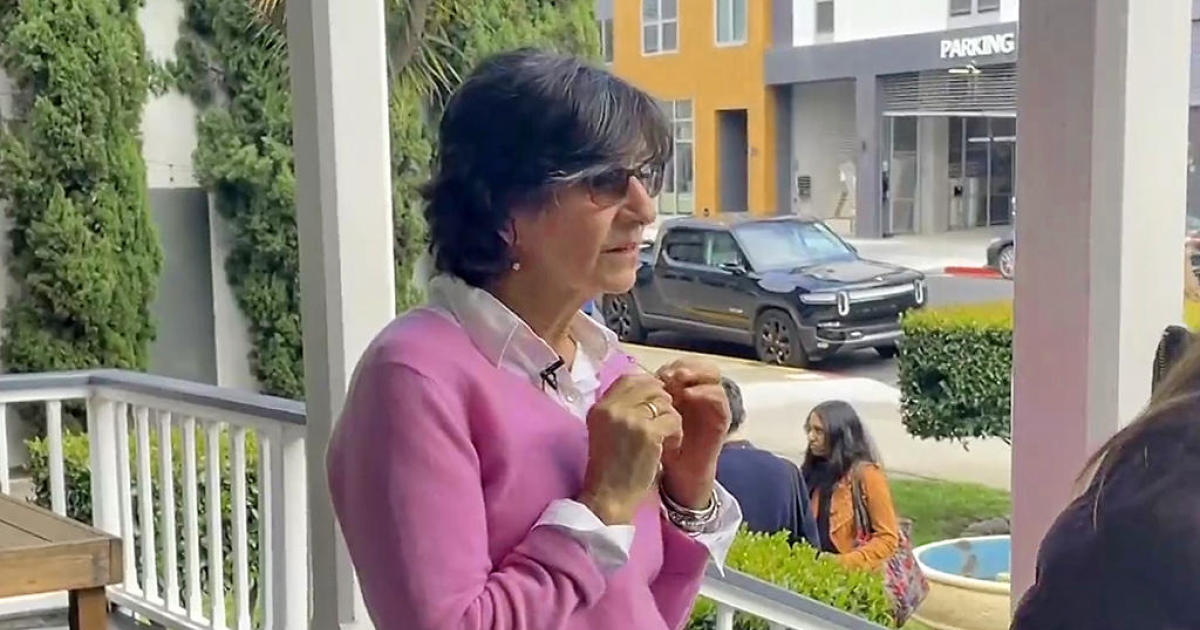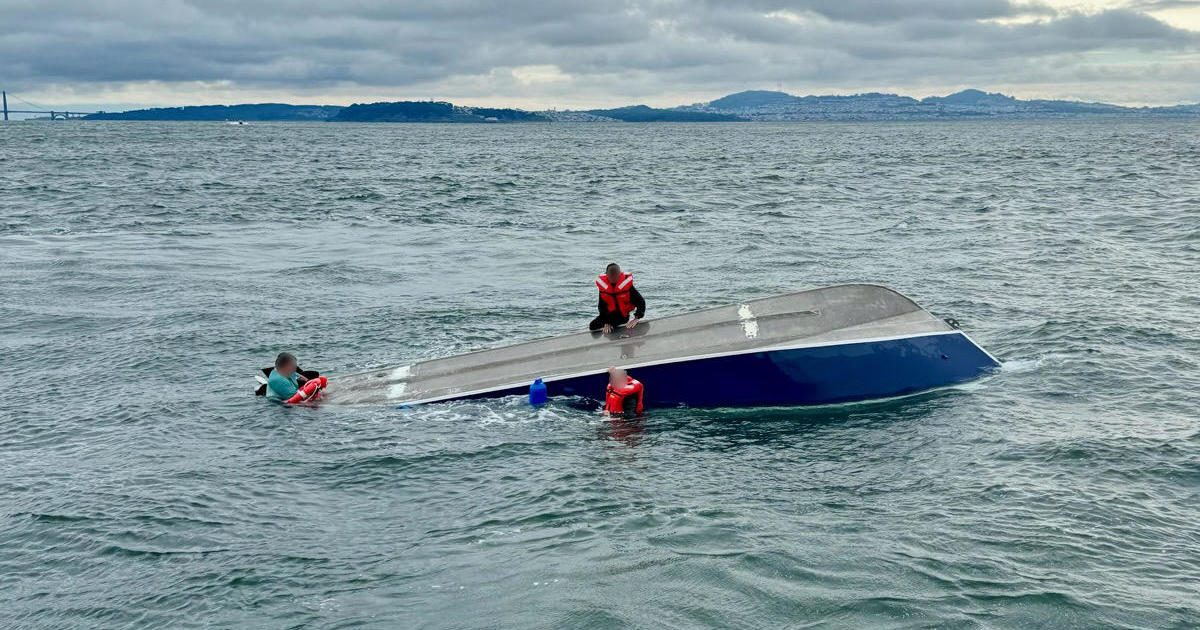Mandatory Water Cutbacks Expected After One Of Driest Winters On Record For Bay Area
SAN JOSE (CBS SF) -- Thursday is the first day of spring, and the rainy season is quickly coming to a close and rainfall in the Bay Area has been far below normal for this time of year, potentially setting up a long-term drought for California, a National Weather Service hydrologist said.
So far rainfall records are the some of the lowest on record dating back to the 19th century, weather service hydrologist Mark Strudley said.
Water levels are low all over California, Strudley said, snowpack in the Sierra Nevada mountains is only at 20 to 30 percent of average and reservoirs all over the state are at dangerously low levels.
Despite some storms that have rolled through the state in February and March, the weather has remained unseasonably dry for much of the winter with the driest months quickly approaching.
"March and April can be wet but they're typically not the heaviest rainfall months," Strudley said.
He said that while it looks like there may be some rainfall toward the end of March, the "climatic outlooks are putting us in a continued dry spot."
Recorded rainfall in downtown San Francisco is currently at its third lowest since 1853, Strudley said, with 8.24 inches of rainfall recorded since October. The least rainfall recorded in the period between October and September was 8.14 inches.
In the South Bay, rainfall recorded in San Jose is only the second least since 1893, with 4.1 inches, and the first-place year, recorded from September 1963 to October 1964, includes 123 days of missing data, Strudley said.
Santa Cruz has seen the lowest rainfall recorded since 1893 with only 9.98 inches of rainfall—beating out even years with big gaps in the data.
A station near Napa state hospital has seen more encouraging records with 13.68 inches of rainfall so far, making it the 12th lowest levels of rainfall on record, Strudley said.
However, he warned that the statistics can't tell the whole story. Many areas of the North Bay have local reservoirs that are more vulnerable to variations in rainfall levels than areas that bring water in from the mountains or the Sacramento-San Joaquin Delta.
"Locally-fed places are not faring terribly well," Strudley said. "Water sources from Delta and Sierras are a bit more resilient because they have this statewide supply coming in."
But while state reserves aren't likely to run out this year, officials are already looking toward next year.
"I think the main concern that a lot of water managers are dealing with now is what's going to happen next year," Strudley said. "What's really going to hurt the state in a huge, huge way is if we get another drought next year."
While Gov. Jerry Brown declared a drought state of emergency in January and asked Californians to voluntarily reduce water consumption by 20 percent, Strudley said that more mandatory and voluntary water cutbacks can be expected.
Next year is really going to be the test," he said. "That's where we're going to have nothing left to fall back on."
© Copyright 2014 by CBS San Francisco and Bay City News Service. All rights reserved. This material may not be published, broadcast, rewritten or redistributed.



